CONTENTS
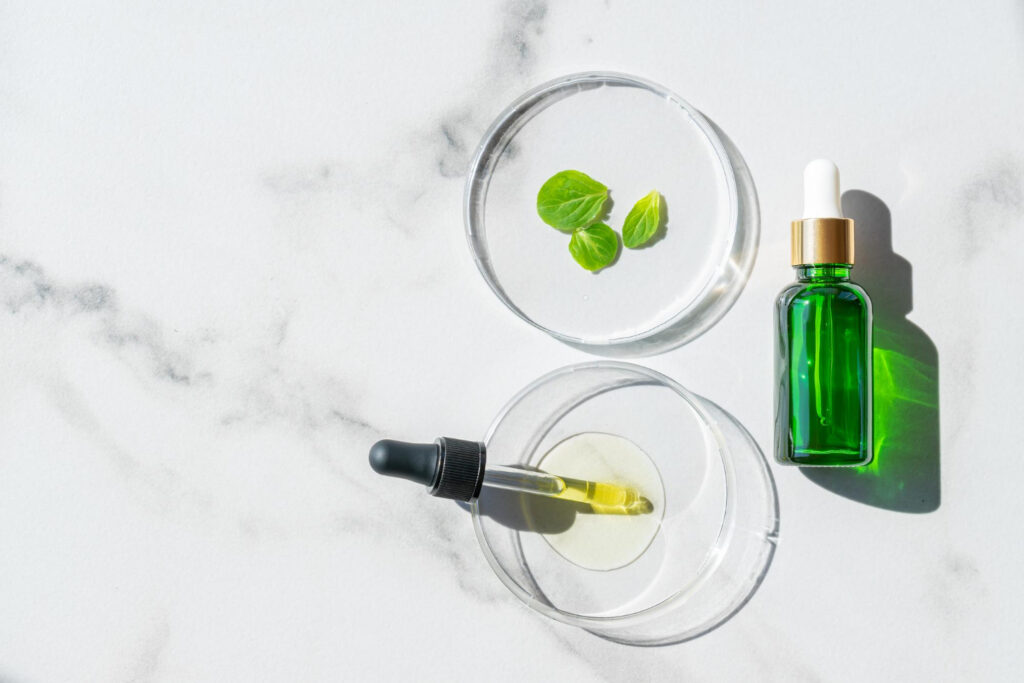
Transform Your Skin with the Power of Natural Retinol Alternative
Skincare aficionados must have familiar with retinol. It is a popular ingredient in many skincare products and is claimed to be powerful in treating the skin. However, it’s not suitable for everyone.
Luckily, plenty of effective and natural alternatives to retinol can provide excellent results for those with sensitive skin or allergies. From plant-based extracts to peptides and more, here’s a look at several best natural retinol alternative ingredients to keep your skin looking healthy and glowing!
The Best Plant-Based and Natural Retinol Alternative
You don’t have to worry if you’re not a good friend with retinol. In fact, you can still get flawless skin with its natural, plant-based alternatives.
Learn more about natural alternatives to retinol that can provide excellent results without the irritation or sensitivity associated with traditional retinol here!
Bakuchiol
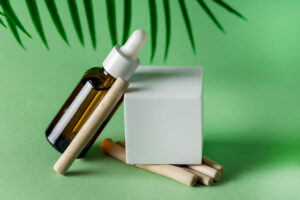
Bakuchiol is a plant-based extract that is derived from the seeds of the Ayurvedic herb Psoralea corylifolia. It has been clinically proven to visibly reduce chest wrinkles, lines, and other signs of aging.
This retinol alternative is gentle enough for all skin types and increases moisture levels while providing anti-inflammatory benefits that help reduce redness, puffiness, breakouts, and more.
Plus, it’s an antioxidant powerhouse that helps protect your skin from environmental damage caused by sun exposure and pollution.
Carrot Seed Oil
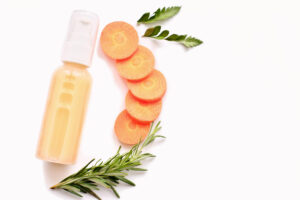
Carrot seed oil is an underrated hero in the realm of skincare. Its natural blend of antioxidants and essential fatty acids provides significant benefits that rival traditional retinol without irritating side effects.
This oil is rich in Vitamin A, which helps reverse signs of aging and even skin tone. It can help reduce inflammation and redness while deeply moisturizing and protecting the skin.
The best part? This oil is an affordable alternative to pricey retinol serums, making it a great way to achieve glowing, youthful-looking skin without breaking the bank!
Rosehip Oil
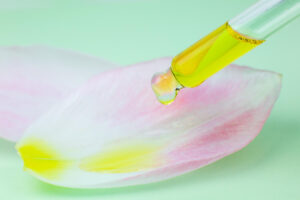
Rosehip oil is quickly becoming an alternative to retinol for many of us looking for a more natural skincare option.
Contrary to its chemical counterpart, this oil contains antioxidants that help repair and protect the skin from damage because of free radicals.
Unlike retinol, rosehip oil won’t cause any dryness or irritation and can be used day and night. Rosehip oil can reduce the appearance of scars, wrinkles, sunspots, and even stretch marks.
Cacay Oil
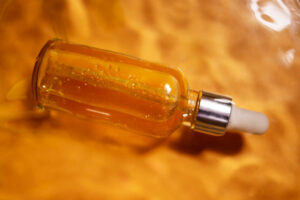
Derived from the seeds of the Cacay tree, Cacay oil is an all-natural alternative to retinol that is becoming increasingly popular in skincare circles.
It contains a unique blend of hydrating and anti-aging antioxidants that can help to repair and protect your skin from damage.
Furthermore, this product is enriched with Vitamin E, a potent ingredient renowned for its remarkable anti-aging properties. Vitamin E not only aids in the reduction of wrinkles and dark spots but also plays a pivotal role in counteracting the adverse effects of sun damage. Its presence actively supports the rejuvenation of skin cells, leading to a visibly firmer and more youthful appearance.
What sets this solution apart is its gentle nature. Unlike retinol, which can sometimes lead to dryness and irritation, this dark spot corrector ensures a soothing experience. This means you can confidently incorporate it into your skincare routine, both during the day and at night, knowing that it won’t trigger any discomfort or unwanted reactions.
Rambutan
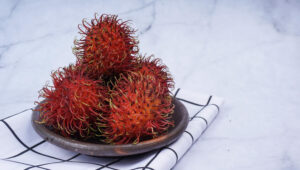
Known for its antioxidant properties, rambutan has been used in traditional Chinese medicine to help reduce wrinkles and other signs of aging.
This tropical fruit is also packed with vitamin E, which helps protect the skin from free radical damage. Plus, its natural enzymes play a role in increasing collagen production and helping to maintain healthy and glowing skin.
Beta Carotene

Found in certain foods like sweet potatoes, carrots, and spinach, Beta carotene can be an alternative to retinol for those looking for a natural, less irritating way to get their daily dose of vitamins.
It can help replace the collagen-stimulating effects of retinol when applied topically to the skin. Unlike retinol, beta carotene is not known to cause redness or irritation, meaning it is gentler on sensitive skin.
Additionally, Beta carotene provides antioxidant protection from environmental damage and can even out discoloration or dark patches.
Collagen
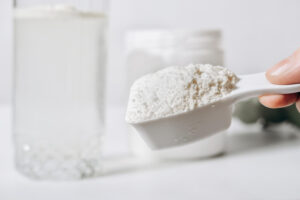
Collagen is a key building block for healthy, youthful-looking skin. To help your skin stay supple, it may be beneficial to increase your collagen intake via supplements.
An alternative way to boost collagen production is to supplement with collagen protein powder. It’s easily mixed into smoothies, coffees, soups, or water, making adding it to your diet easy.
However, it’s essential to be aware that some studies suggest that consuming too much animal protein can disrupt hormones and lead to inflammation. Thus, make sure you consume collagen wisely.
Frequently Asked Questions
What are natural retinol alternatives?
Some natural retinol alternatives are bakuchiol, rosehip oil, carrot seed oil, cacay oil, rambutan, beta carotene, and collagen.
Are natural retinol alternatives effective in reducing signs of aging?
While retinol natural alternatives are not as potent as regular retinol, they may provide more gentle anti-aging benefits, benefiting those with sensitive skin.
Are natural retinol alternatives safe for all skin types?
Generally, natural retinol alternatives are safe for all skin types, especially to get the same results as traditional products without risking further damage to sensitive facial skin.
However, they can still potentially cause skin irritation or inflammation if they don’t fit a particular skin type. Thus, it’s vital to do your research and choose carefully.
How are natural retinol alternatives different from synthetic retinol?
Unlike synthetic retinol, natural retinol alternatives do not contain harsh chemicals irritating the skin while providing similar benefits as synthetic retinol without the associated risks.
Most of them also tend to be gentler on the skin, reducing redness and inflammation. Furthermore, natural retinol alternatives are typically more accessible and affordable than synthetic versions.
Can natural retinol alternatives be used with other skincare products?
Yes, you can use natural retinol alternatives with other skincare products. They work well with other ingredients, such as antioxidants, peptides, and hyaluronic acid, and will provide additional benefits.
Conclusion
All in all, if you’re looking for a powerful retinol alternative that can help improve your skin health, give natural retinol a try. You may be surprised at how effectively it works to transform your skin condition.
Be sure to follow the package directions carefully and always test a small skin area before applying the newly bought product to your entire face. With regular use, you’ll notice a significant improvement in skin elasticity, clarity, and overall appearance. So, which one of these alternatives that you want to try?


